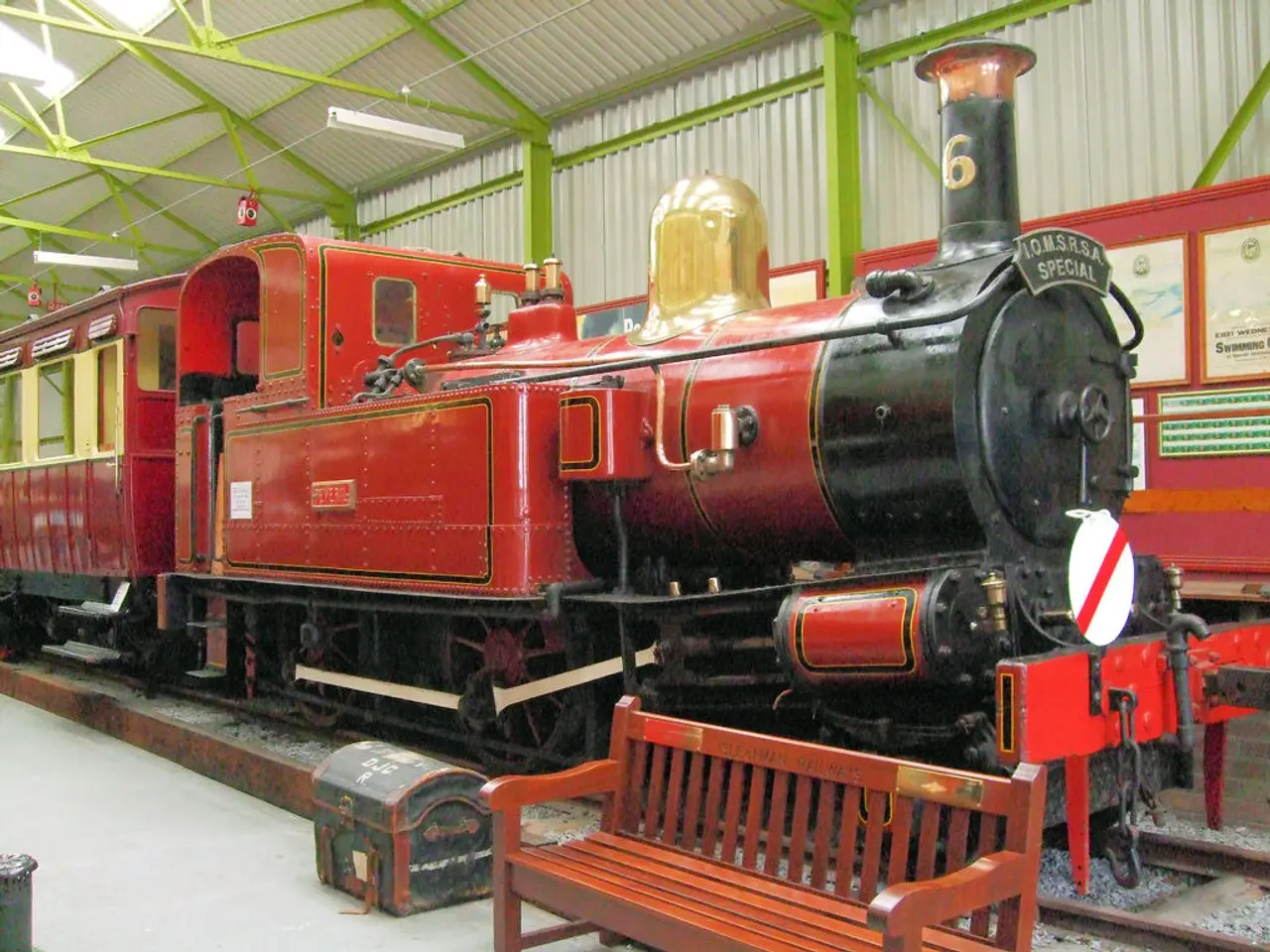Timeframe for an Engine Replacement: Detailed Insight
In the world of automotive repairs, an engine swap can be a significant undertaking. Whether you're a seasoned mechanic or a DIY enthusiast, understanding the factors that influence the duration and success of an engine swap is crucial.
Labeling All Components
Labeling wires, hoses, and components during disassembly is a practice that simplifies the reassembly process and reduces the risk of errors. This small but important step can save you valuable time and frustration down the line.
Performance Boost or Improved Fuel Efficiency
An engine swap can offer a significant boost to a car's performance or improve its fuel efficiency, making it an attractive option for many car owners.
Factors Affecting Duration
The main factors influencing the duration of an engine swap include the complexity of the project, compatibility between the new engine and the existing vehicle, the amount of required modifications, availability of necessary parts and tools, and the experience of the mechanic performing the swap.
Compatibility is crucial, as swapping with the same or a similar model takes less time than with a different model, which may require extensive adaptations. Preparation before the swap, such as cleaning the engine bay, labeling all wires and hoses, and preparing all parts in advance, can save significant time.
Preparatory Tasks
Significant time can be saved by performing preparatory tasks before starting the actual engine swap, such as cleaning the engine bay, removing unnecessary components, labeling wiring harnesses and hoses, and gathering all necessary parts, fluids, and filters ahead of time.
Seeking Advice
Seeking advice from experienced mechanics or online forums can prevent costly mistakes and save time in the long run. If unsure about any aspect of the engine swap, don't hesitate to ask for help.
Complexity and Time
A complex engine swap (different engine type) can take a professional 50 to 100 hours or more, while a DIYer might need 100 to 200 hours or longer. An engine swap with minor modifications typically takes 30 to 50 hours for a professional and 60 to 100 hours or more for a DIYer.
Tips for Success
Careful planning, meticulous organization, and realistic expectations are key to a successful and timely engine swap project. Thorough planning, research, and gathering all parts and tools beforehand can help minimize the engine swap time. A clean and organized workspace improves the efficiency of the engine swap.
Professional Assistance
Consider hiring a professional mechanic if the complexity of the project is too great or if time is a concern. A straightforward engine swap (same engine model) could take a skilled mechanic 15 to 30 hours, while a complex swap could stretch beyond 100 hours.
Unforeseen Issues
It's important to remember that the duration of an engine swap can vary greatly, influenced by factors such as complexity, skill level, availability of parts, wiring complexity, modifications required, and unexpected issues.
Essential Tools
A well-equipped workspace is crucial for completing an engine swap efficiently. Essential tools include a socket set, wrenches, screwdrivers, pliers, a torque wrench, an engine hoist, and safety equipment.
In conclusion, an engine swap, while challenging, can be a rewarding project for car enthusiasts. With careful planning, the right tools, and a bit of patience, you can successfully upgrade your vehicle's engine and enjoy the improved performance or fuel efficiency it offers.
Read also:
- Peptide YY (PYY): Exploring its Role in Appetite Suppression, Intestinal Health, and Cognitive Links
- Toddler Health: Rotavirus Signs, Origins, and Potential Complications
- Digestive issues and heart discomfort: Root causes and associated health conditions
- House Infernos: Deadly Hazards Surpassing the Flames








